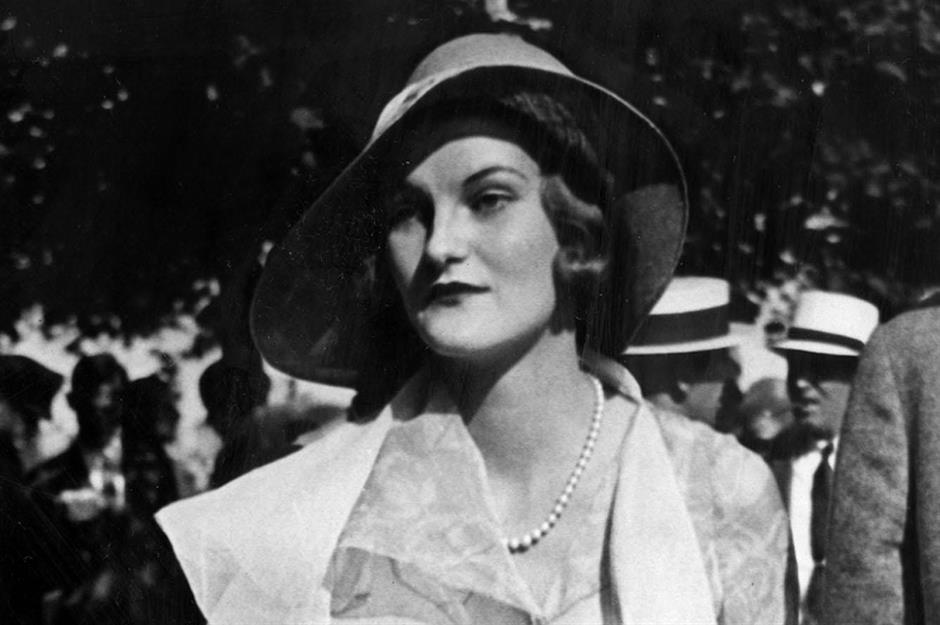Estate Planning Lessons from Doris Duke’s Controversial Will
Doris Duke, the famous tobacco heiress, was once dubbed “the richest girl in the world.” Born into vast wealth, she led a life filled with art, philanthropy, and real estate. Despite her charitable efforts, her legacy faced controversy and legal disputes, becoming known as Doris Duke’s Controversial Will. After her death in 1993, what should have been a peaceful transfer of assets turned into a lengthy legal battle. This conflict raised doubts about her mental state and the validity of her final will.

The Problem: Estate Disputes and Legal Chaos
After Duke passed away, a revised will surfaced that differed significantly from earlier versions. This sudden change raised suspicions of undue influence from those close to her during her final years. Contestants of the will argued that Duke wasn’t of sound mind when the changes occurred. Consequently, the legal fight over the legitimacy of the document began, causing delays in the distribution of her estate and draining its financial resources.
The media frenzy and legal chaos around Duke’s estate reveal what can go wrong without proper estate planning. Her case underscores the need for asset protection and the importance of creating a living trust to prevent disputes and ensure your wishes are respected.
How a Living Trust Could Have Prevented Legal Battles
Instead of going through probate, which exposed the details of her assets, Duke’s estate could have remained private with a revocable living trust. This type of trust would have kept her estate out of court, reducing the likelihood of legal challenges.
Avoiding Probate Court and Public Scrutiny
One of the main advantages of a living trust is that it bypasses probate court. In Duke’s case, probate made her estate public, attracting both legal disputes and media attention. On the other hand, a living trust ensures that the distribution of assets remains private. For anyone, maintaining privacy can help reduce potential conflicts and misunderstandings among heirs.
Preventing Legal Disputes and Challenges
The legal battles over Duke’s estate diminished its value and delayed asset distribution. A revocable living trust, however, offers a clear and legally binding document. This makes it more difficult for heirs to contest the terms, thereby reducing the risk of family disputes. Additionally, having a living trust ensures that your wishes are followed precisely.
Preserving Wealth for Future Generations
By avoiding probate and lengthy court proceedings, a living trust helps preserve the estate’s value. In Duke’s case, the legal challenges diminished the estate’s resources. For individuals who wish to leave a legacy, using a living trust can minimize financial losses and provide a smoother wealth transfer for future generations.
Conclusion: The Importance of Asset Protection and Living Trusts
Doris Duke’s estate story emphasizes the significance of comprehensive estate planning. Her situation demonstrates how easily an estate can unravel without proper legal structures in place. Whether you are managing a large fortune or a modest estate, setting up a revocable living trust and asset protection plan is essential for safeguarding your legacy. By acting now, you ensure that your assets are distributed according to your wishes, avoid family disputes, and keep your financial affairs private.
Don’t wait until it’s too late—start planning today and take control of your future with a living trust.
Call us at 760-754-9059 or click here to book an appointment and speak with one of our experienced estate planning professionals.




0 Comments